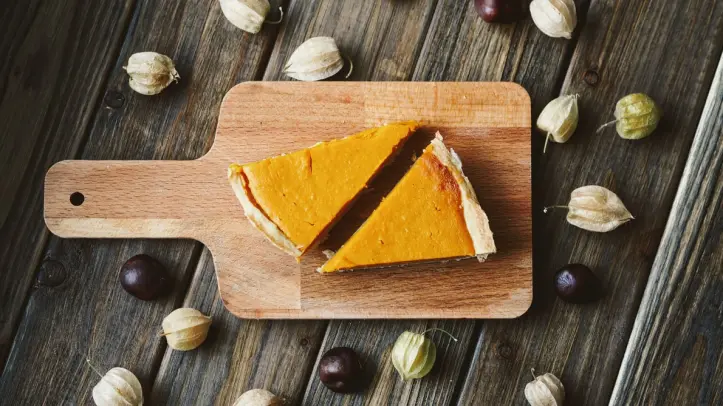My dear readers. Would I be right or would I be right in saying that many of you have Googled, “How the hell do you spell Wendsday?”
Wendsay. If only life were fair, this is how it would be. And February would be Febyuary. But life isn’t fair.
Not only that, but many non-native English speakers mix up Tuesday and Thursday – including, in my experience, both Czechs and Danes.
The difference is that the Danes are responsible for why our days of the week are so hard to spell. Blame the Danes the Norse gods! (YES, IT WAS A TRICK.)
It is common in linguistic exchange for one group to hear another group pronounce a culturally relevant word and then adapt it into their own language incorrectly. This can explain a lot of the French impatience with English speakers, considering nearly 30% of English is estimated to originate in French. It also explains Wednesday – see below.
The Anglo-Saxons who founded modern-day England are a mix of Scandinavian, Germanic, and Norman (French) peoples (I mean, there was a lot of conquering going on back then). That’s why English speakers are expert word borrowers, including from the Vikings – whose explorer Leif Erikson was the first to reach the modern-day USA!
English-language weekdays originate in the names for Norse gods
Tuesday originates from the god Tyr or Tiw, the god of war. He was known as the one-handed god after tricking the mythical wolf Fenrir. His Roman counterpart is Mars (Greek Ares), which led to Romanic language adapting it for their Tuesday, as in the French mardi and Spanish martes.
Tyr’s name manifests in Danish prefixes like Ti- and Thi-.
Wednesday originates from the god of gods, Odin. You probably know him from Neil Gaiman’s American Gods! He was the ruler of Asgard, the Norse land of the gods, but often wandered off by himself. He’s associated with magic, war, and the dead. His Roman counterpart would be Jupiter (Greek Zeus), but Romanic languages base their Wednesdays after Mercury (Greek Hermes), as in French mercredi and Spanish miércoles.
Odin’s name manifests in Danish (and by extension, English) prefixes like Od-, On-, Oen-, Von-, Voj-, and Vogn-.
This famously annoying word comes from the transition from “Odin’s Day” to Onsday and finally Wednesday. You’re welcome.
(By the way, this is similar to how All Hallow’s Eve became the holiday we know today as Halloween.)
Thursday originates from the god Tor – or how you’ll know and love him, Thor. Yes – he of the magical hammer is responsible for your misery of trying to pronounce this day. In Romance languages, Thursday is replaced by the Roman Jupiter, as in the French jeudi and Spanish jueves.
Tor’s name manifests in Danish prefixes like To-, and Tho-.
Friday originates from the goddess Frigg or Freja (“Freya”), the sole female of the bunch. She is associated, naturally, with love, beauty, fertility, sex, war, gold.
(Well, someone has to be, while the other gods are out slaying, literally!) ⚔️🙄
Her Romance language counterpart would be Venus (Greek Aphrodite), as used in French vendredi and Spanish viernes.
Freja’s name manifests in Danish prefixes like Frø– and Frød-.
The only names Danish didn’t touch are Monday (from “moon day”), Saturday (“the Lord’s day” or Sabbath) and Sunday (Monday’s partner, from “sun day”).
These gods are still heavily reflected in Danish place names today. Just check out this map from the National Museum in Jelling:
I strongly recommend getting drunk putting a potato in your mouth before attempting to say any of these place names. Good luck!
Liked this post? Czech out one of Chlohemian’s linguistic favorites, “Countries That Say Ciao.”


![How Will 2021 Be Different? [Holiday Recap]](https://chlohemian.files.wordpress.com/2021/01/img_9386.jpg?w=723)


I love this! If you haven’t already heard of the History of English podcast, you should listen to it.
Also…what’s the significance of the potato in the mouth? Personally, I’d rather get drunk 😉
LikeLike